The cyberattacks on Albania continue unabated: At the beginning of June, government servers in Tirana were hit again – this time in a targeted attack by the Iranian hacker group “Homeland Justice”, which, according to information from Politico Europe, has close ties to the Iranian Revolutionary Guard Corps (IRGC).
The attacks are seen as a direct response to Albania’s continued support for Iranian dissidents critical of the regime, in particular the exile group MEK (People’s Mujahideen) based in Manëz.
As reported by Politico, the hackers not only posted a threatening message to the Albanian government via the Telegram messaging service (“Tirana’s services have been paralyzed – and you chose this deliberately”), but also published sensitive information online: access data to municipal servers, administrative data, and personal information of around 800,000 citizens of Tirana.
Initial assessments indicate that the attack was not purely symbolic. According to the Economic Times, the attacks caused significant disruptions to municipal online services, including systems for identity documents, transportation, and digital administration. Experts warn that recovery will take a long time.
Such attacks are not unprecedented. In July 2022, an Iranian-led offensive paralyzed Albania’s central administrative systems, including the e-Albania platform. At the time, the response of Prime Minister Edi Rama’s government was drastic: Albania severed all diplomatic ties with Iran. The US immediately supported Tirana and blamed the IRGC for the attacks, as reported at the time by Reuters and The Guardian, among others.
Festim Rizanaj, an analyst at the cyber think tank Hibrid.info, sees the current escalation as part of a long-term strategy by the Iranian regime: “These hacker groups aim not only to disrupt systems, but also to undermine international partnerships – especially where states such as Albania cooperate openly with the US,” Rizanaj told Kosovapress.
At the center of the geopolitical dimension is Camp Ashraf 3, near the city of Durrës, where around 3,000 members of the MEK are located. Albania had complied with the United States’ request and agreed to grant exile to the opposition members in 2013 – a move that Tehran never accepted. The Iranian leadership openly refers to the dissidents living there as terrorists. According to Euronews Albania, the hackers have now even openly threatened a missile attack on the camp – an unprecedented move.
Edmond Liçaj, IT expert and former advisor on digital security issues at the Ministry of the Interior, sees a structural problem: “Albania still lacks a genuine cyber defense system. The political will is there, but operational implementation is lagging dramatically behind.”
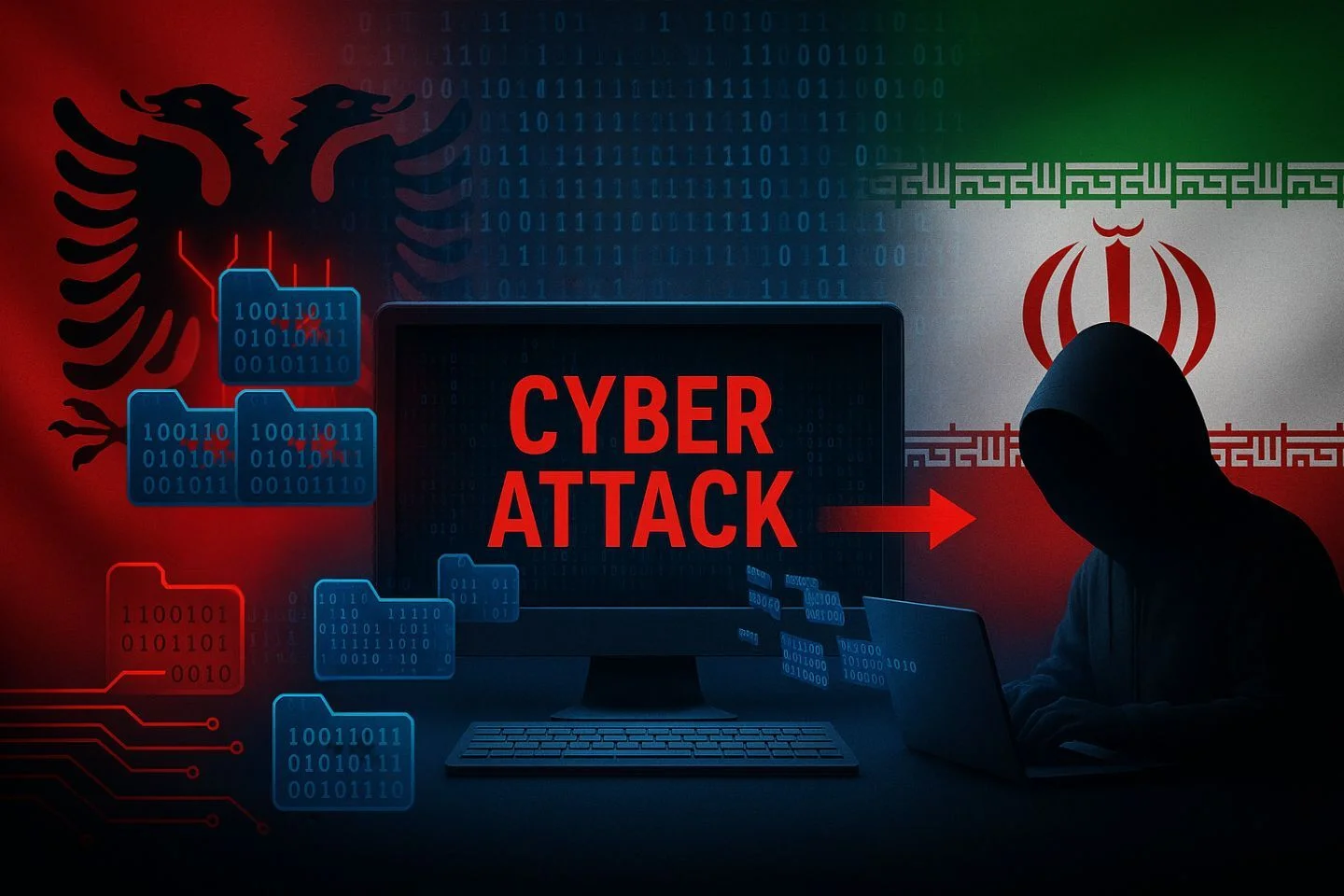

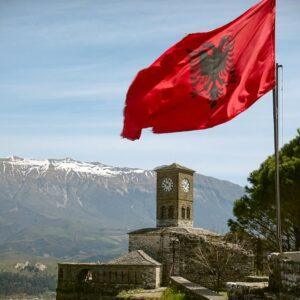




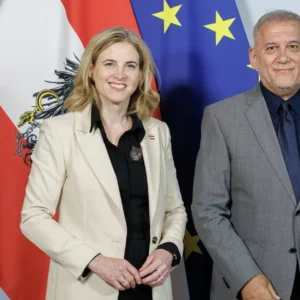
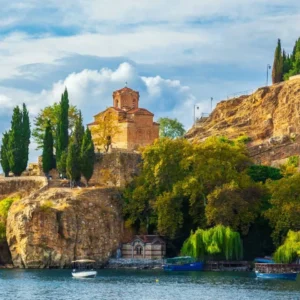





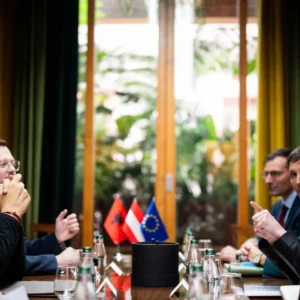
Recent Comments